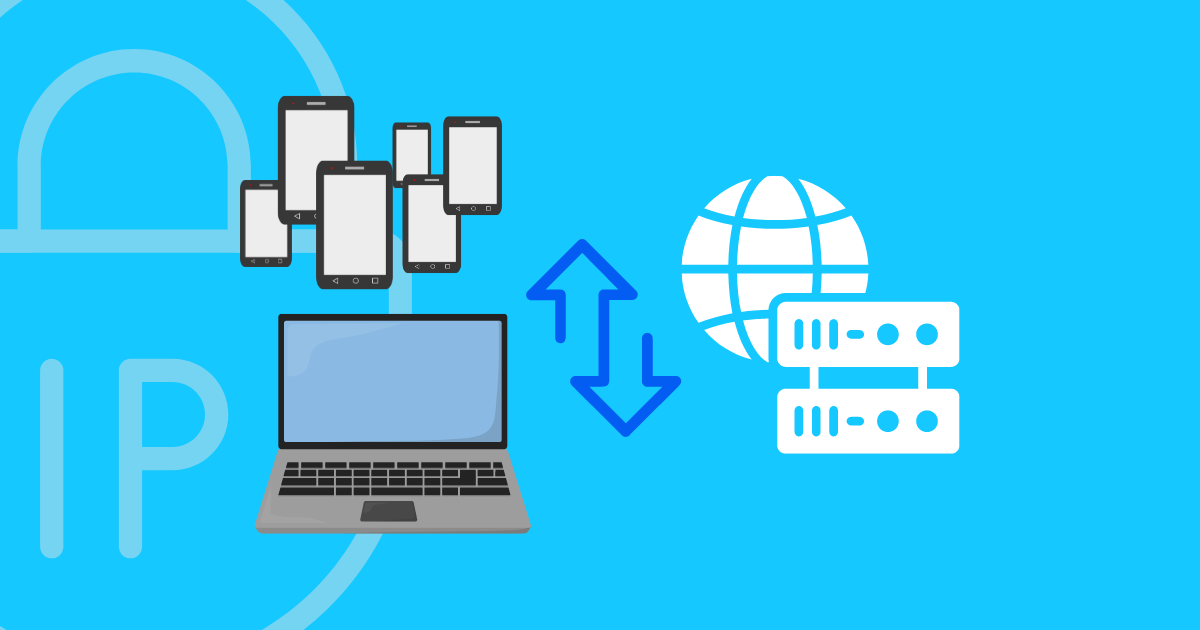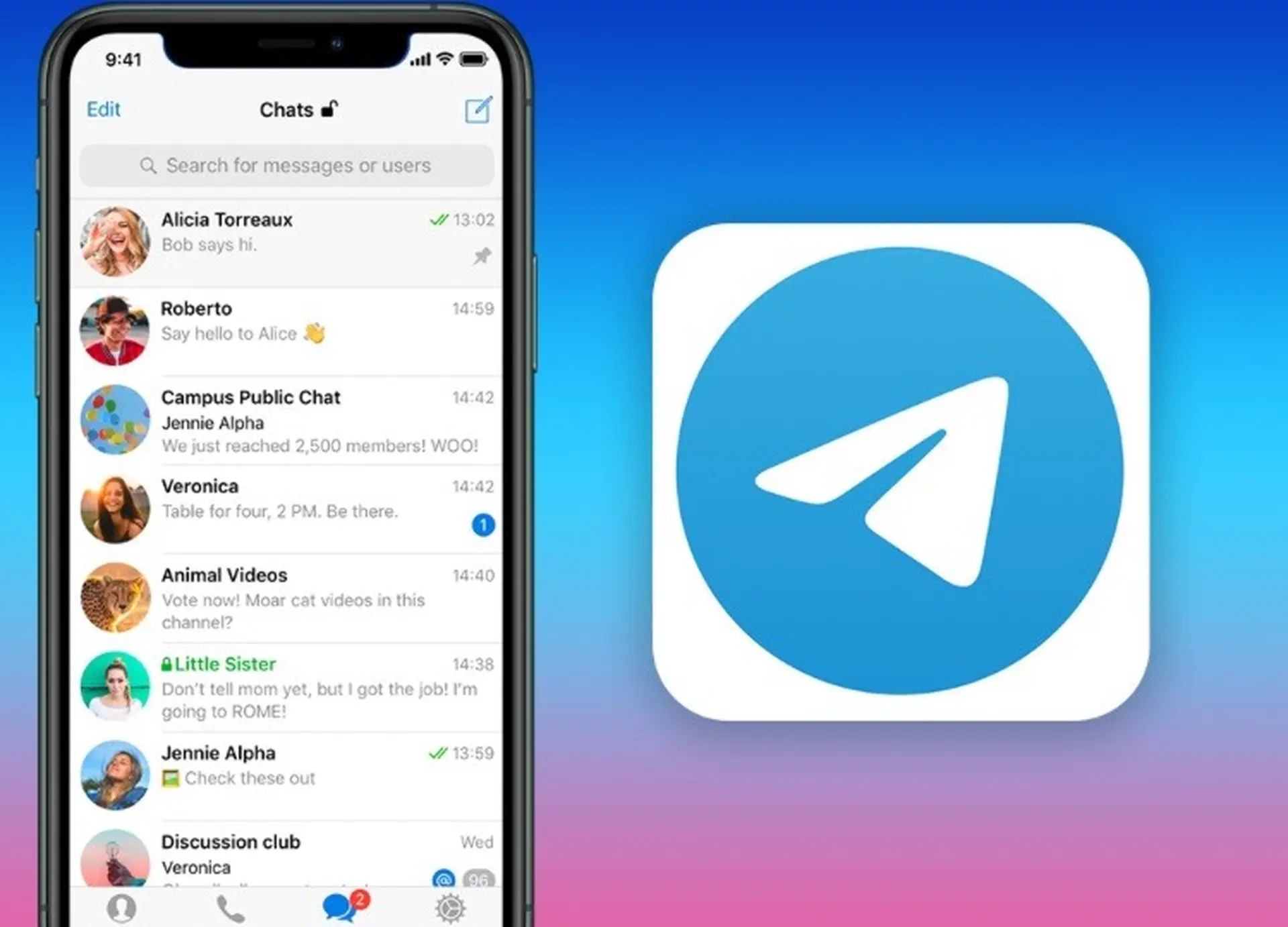In the digital age, protecting personal data and online privacy has become a top priority. One of the most popular solutions that many users turn to is using a proxy. But what exactly is a proxy? And why should you use a proxy to enhance your cybersecurity? Let’s explore the details in the article below.
What Is a Proxy?
A proxy server acts as an intermediary between your device (computer, phone, etc.) and the Internet. When you access a website through a proxy, your requests are not sent directly to the destination server. Instead, they are routed through the proxy server, which then forwards your request and returns the response on your behalf.

What Is a Proxy?
In other words, a proxy helps hide your real IP address, conceal your geographic location, and filter data traffic between you and the Internet.
Common Types of Proxy
HTTP Proxy: Specifically used for browsing HTTP/HTTPS websites.
SOCKS Proxy: More flexible, supporting various protocols such as email, torrent, and more.
Transparent Proxy: Does not hide the user’s IP address; often used in internal networks.
Anonymous & Elite Proxy: Helps completely hide the user’s identity.
Benefits of Using a Proxy to Protect Your Online Security
1. Anonymous Browsing
Using a proxy hides your real IP address, allowing you to surf the web anonymously. This prevents websites, Internet service providers (ISPs), and advertising trackers from monitoring your online activities.
2. Protection of Personal Information
Advanced proxy servers can encrypt your traffic, helping protect sensitive information from hackers — especially when you’re on public networks like free Wi-Fi in cafes or airports.

Use proxy to secure information
3. Content Filtering and Access Control
Proxies allow you to control and filter Internet access, blocking unsafe or harmful websites. This is particularly useful in corporate or educational environments, enhancing network security and reducing risks.
4. Access to Restricted Content
Proxies can bypass geo-restrictions, enabling access to blocked websites or services in your region — such as YouTube, Netflix, or Facebook.

Use proxy to access blocked website
5. Improved Performance
Some proxy servers cache website content, which can speed up page load times during repeated visits. This saves bandwidth and improves user experience.
Things to Keep in Mind When Using a Proxy
Choose reputable proxy providers to ensure speed and security.
Avoid free proxies of unknown origin, as they may contain malware or spy on your data.
For higher security needs, consider combining a proxy with a VPN (Virtual Private Network) for maximum protection.
Conclusion
Understanding what a proxy is and its benefits in protecting your cybersecurity can help you use the Internet more safely and efficiently. In a world where data breaches and privacy violations are increasingly common, using a proxy is a smart and necessary step to safeguard yourself in the digital environment.
Don’t forget to visit Telegram Proxy to access Telegram easily and securely!




